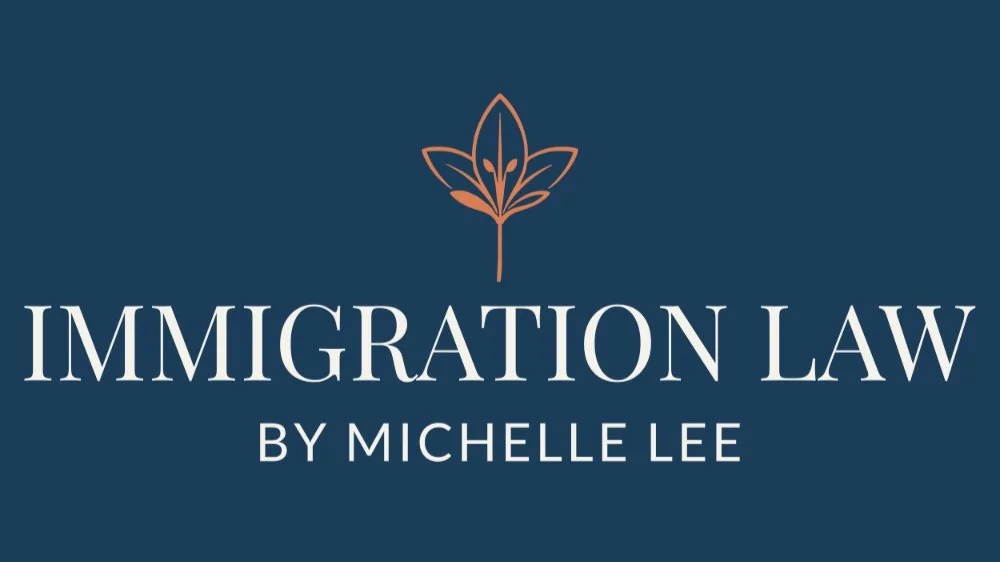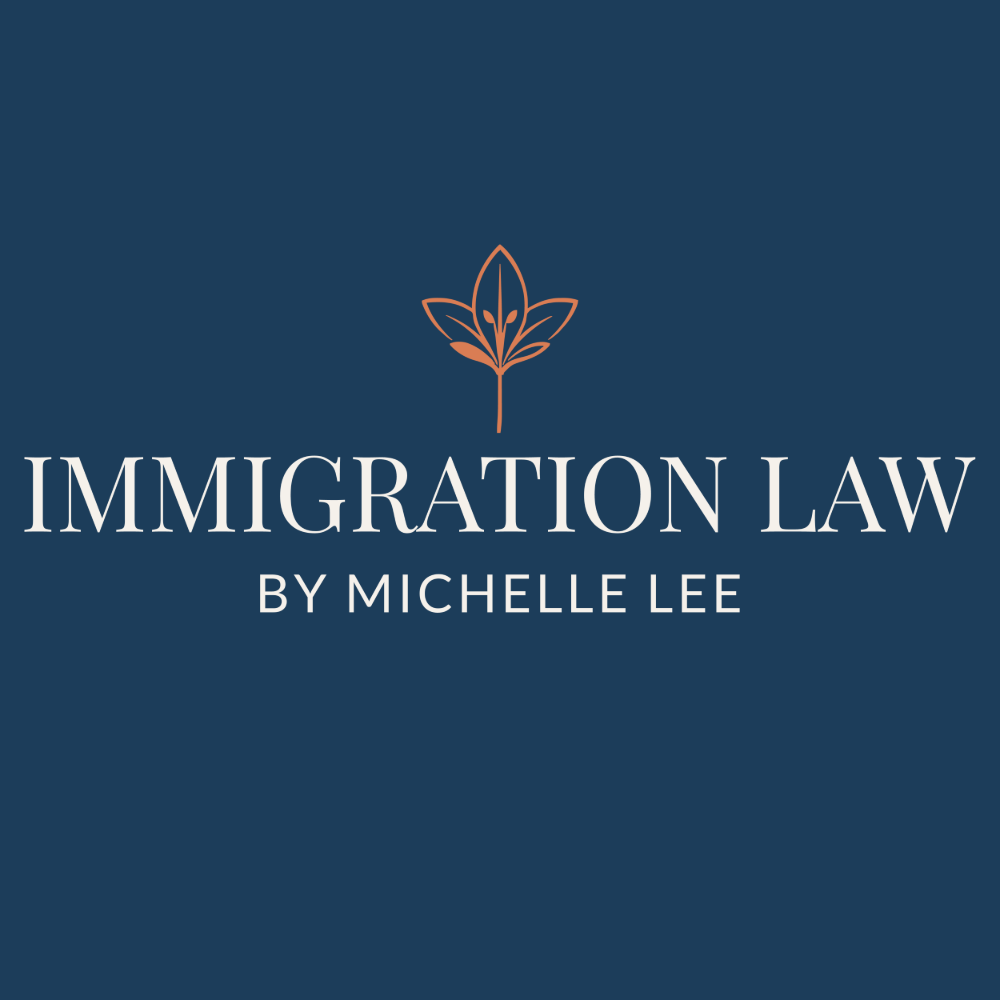The End of Overseas Sponsorship: What Next for Care Providers
Guidance and clarity for care providers facing another seismic shift in the Immigration Rules.
*Written by Michelle, with some ChatGPT magic for clarity and wording!*
The UK government has now confirmed that the sponsorship of new care workers will officially end on 22 July 2025 – a fair bit sooner than I and those in the sector had anticipated.
This change marks a seismic shift in the staffing strategies of care providers across the UK, many of whom have relied heavily on international sponsorship to meet workforce demands in recent years.
Understandably, the announcement has caused concern, but there is still time to prepare and act strategically.
Read on below for my summary of the changes, and what they might mean for your care business. If you have questions or would like more advice, please book a free consultation with me using the links on this website.
Sponsorship in Care: What’s Changing and When
From 22 July 2025, care providers will no longer be able to sponsor new overseas Care Workers or Senior Care Workers. This is part of a much wider package of reforms aimed at reducing immigration numbers.
🔍Explainer: Entry Clearance vs Permission to Stay
Entry clearance is for people applying outside the UK. Sponsored workers apply for entry clearance to enter the UK and begin work.
Permission to stay, also known as leave to remain, applies to those already in the UK, allowing them to extend a visa or switch sponsors.
Why it matters: from 22 July 2025, care worker visas will no longer be granted for entry clearance, but those already here can still extend or switch until at least 2028.
Changes from 22 July 2025
Workers will no longer be eligible to apply for entry clearance under SOC (Standard Occupational Classification) codes 6135 and 6136.
Workers already in the UK and sponsored under those SOC codes will be eligible to extend or switch to another sponsoring employer, until at least 2028.
Changes expected later in 2025
The Immigration Skills Charge (ISC) is increasing by 32%, rising to £480 per year for small businesses, and £1,320 per year for medium and large businesses.
The route to settlement (ILR) is changing, with the standard qualifying period expected to increase from five to ten years. Early indications suggest this will apply to some sponsored workers, although details remain unclear.
What isn’t changing
Nurses will still be eligible for sponsorship – this category will remain open.
The Market Impact
For now, we can only speculate on how these changes will impact the UK’s care sector, which has long depended on overseas staff to fill critical workforce gaps.
But I think it’s safe to say that these changes have the potential to reshape the recruitment landscape for years to come:
The domestic workforce will become the sole source of new care workers. This will significantly shrink the available talent pool and put extra pressure on care providers, for whom recruitment has been a longstanding challenge.
Wages might rise, driven by intensified competition.
Retention will become more challenging as supply vs demand of workers shifts. Workers may find they have greater power to explore better pay or more attractive locations, possibly outside of London.
As a result, vacancies in less desirable areas or specialist roles will be harder to fill.
The 2028 “deadline” is a key motivator for many existing overseas workers: providers offering five-year visas now may be particularly attractive to those seeking long-term security before renewals become unavailable.
What Should Care Providers Do Now?
There’s still a brief window of opportunity — and steps providers can take now to reduce future risk:
Use (‘assign’) any remaining Defined Certificates of Sponsorship (DCoS) before 22 July.
Keep in mind: once a CoS is assigned, the visa application must be submitted within 90 days of the assignment, giving both employer and worker more time to prepare.
Accelerate recruitment plans.
You might choose to act now while overseas sponsorship remains an option, even for the brief window before 22 July.
Strengthen your retention strategy.
Your current staff, especially sponsored workers, are now even more valuable. Consider retention bonuses, career development, or improved conditions to keep them from looking elsewhere.
Consider longer-term visa offers.
A five-year visa offered now could take a worker through to 2030, offering continuity for you and peace of mind for them.
How I Can Help You
As an immigration solicitor and now consultant, I’ve spent several years helping care providers navigate the volatile and frequently shifting sponsorship landscape. While these changes may feel like the most dramatic yet, they’re not the first major hurdle we’ve faced together.
The care sector is nothing if not resilient. I’ve seen providers adapt under pressure and I’m confident they will do so again. With the right planning and support, providers can continue to deliver the essential services that service-users and families rely on.
If you’d like to discuss what the upcoming changes mean for your organisation, you can book a free, no-obligation consultation with Michelle using the links on this website.


